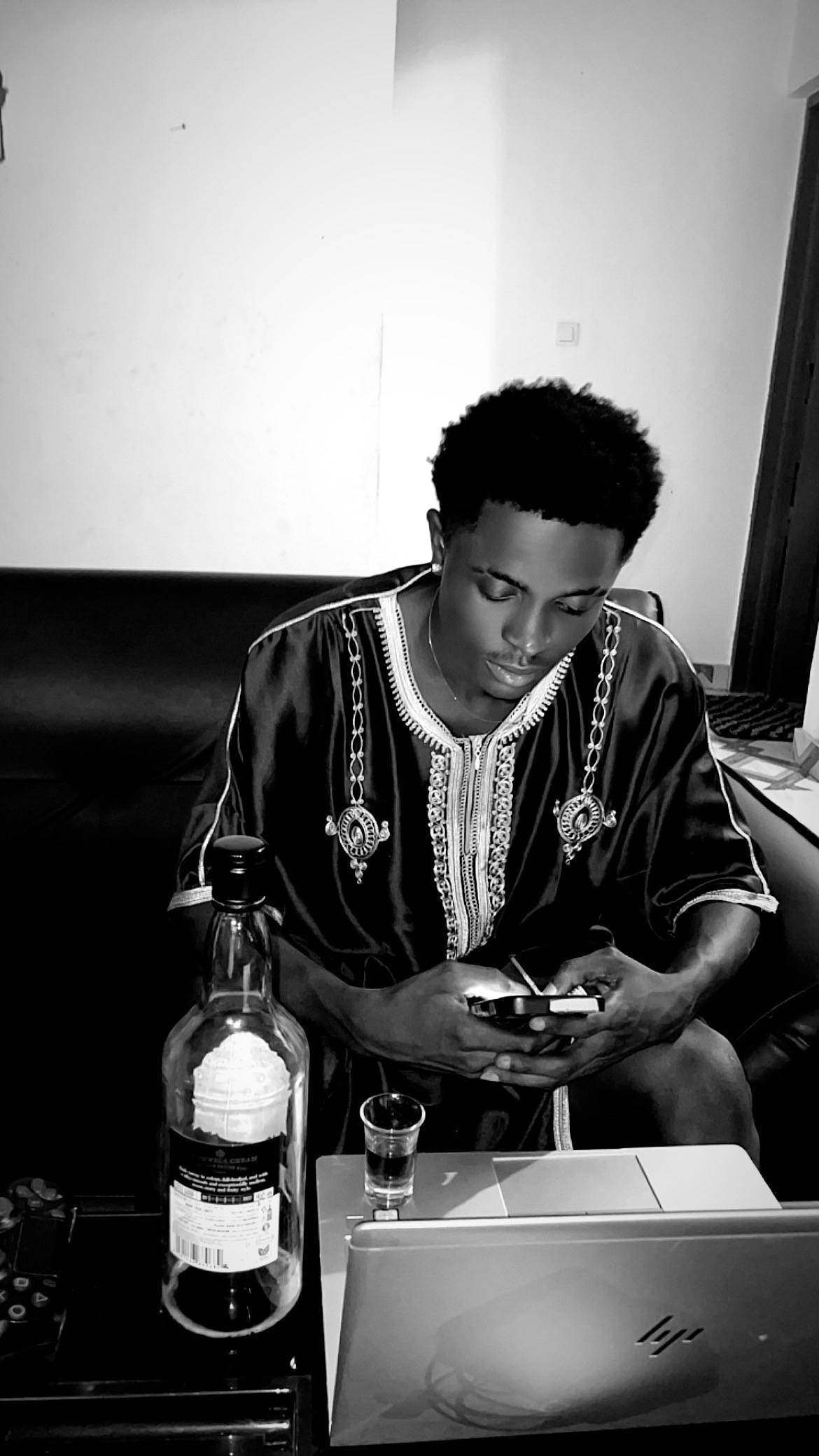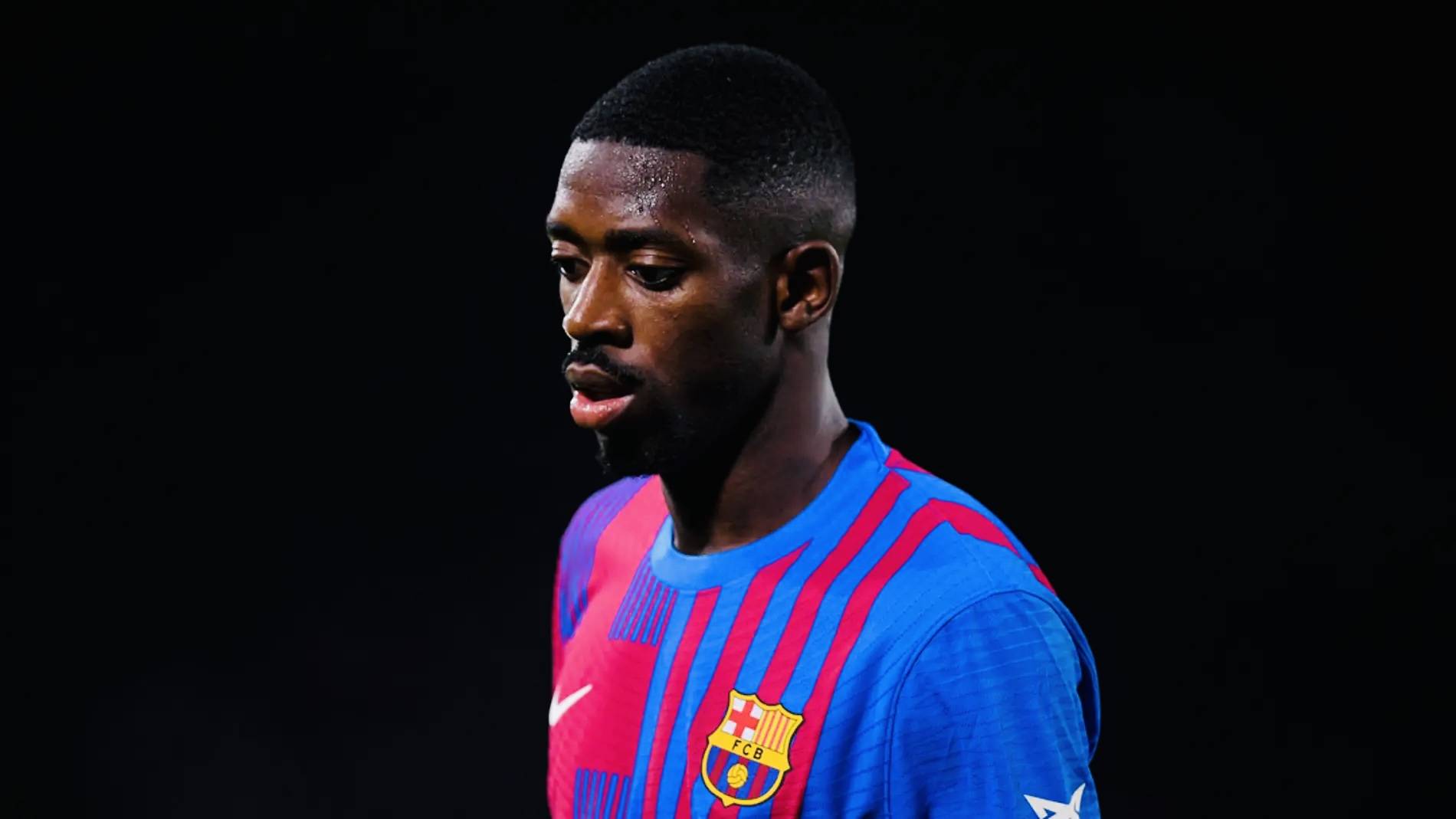Barcelona has officially settled all the bonuses included in the transfer agreement for Ousmane Dembélé with Borussia Dortmund. This comes after Dembélé scored another goal for the French national team, triggering the final add-on payment to the German club. According to reports from BILD, the total sum that Barcelona has paid to Dortmund amounts to a staggering €148 million, which includes all the add-ons and performance-based incentives that have now been activated.
The story of Dembélé’s transfer is quite intriguing and highlights the complexities and intricacies of modern football transfers. Ousmane Dembélé, a promising French winger, was transferred from Borussia Dortmund to Barcelona in 2017 for an initial fee of €105 million. At the time, the deal was one of the most expensive in football history, reflecting the high expectations Barcelona had for the young Frenchman. However, the agreement included several performance-related bonuses and clauses that could significantly increase the total amount, depending on Dembélé’s achievements at Barcelona and with the French national team.
These bonuses are often included in transfer agreements to provide selling clubs with additional financial benefits if the player performs exceptionally well. For Dortmund, this meant they would earn more money based on Dembélé’s appearances, goals, and other achievements both at the club and international levels. For instance, certain bonuses were tied to the number of games he played, goals he scored, and whether he achieved specific milestones, such as winning titles or contributing significantly to the success of his team.
However, Dembélé’s time at Barcelona was marked by inconsistency. Despite showing flashes of brilliance, his tenure was plagued by injuries and a struggle to find form, which hindered his ability to fulfill his potential and fully justify the substantial investment made by Barcelona. These challenges also delayed the activation of some of the performance-based bonuses due to Dortmund, as Dembélé did not always meet the specific conditions required to trigger them.
Despite these hurdles, Dembélé managed to secure a move to Paris Saint-Germain (PSG) in 2023, returning to his home country to join the reigning Ligue 1 champions. His departure from Barcelona marked the end of a tumultuous period for the player at Camp Nou, where he faced constant scrutiny from the media and the club’s supporters. Nonetheless, even after his transfer to PSG, some of the clauses from the original agreement with Dortmund remained unfulfilled, meaning that Barcelona still owed the German club additional payments.
Interestingly, the final bonus payment to Dortmund was triggered not by Dembélé’s activities at Barcelona but rather by his performance with the French national team. Dembélé’s recent goal for France activated the last remaining clause in the agreement, compelling Barcelona to make the final payment to Dortmund. The payment has brought the total cost of Dembélé’s transfer to Barcelona to an eye-watering €148 million, a figure that reflects both the initial transfer fee and all the subsequent add-ons and performance-related bonuses.
This case highlights the financial intricacies of modern football transfers, where the final cost of a player can significantly exceed the initial fee due to the inclusion of various conditional bonuses. Such agreements are common in the world of football, where both selling and buying clubs try to protect their interests and ensure they benefit from a player's success.
For Dortmund, the deal has ultimately proven to be quite profitable. Despite losing one of their brightest young talents, the club has received a substantial financial windfall, which can be reinvested in new players or used to bolster the club’s financial stability. Meanwhile, Barcelona’s total expenditure on Dembélé serves as a reminder of the high stakes involved in pursuing top talents in the global football market.
As football continues to evolve, transfer agreements are likely to become even more complex, with clubs negotiating increasingly intricate clauses and bonuses to maximize their potential gains or mitigate their risks. The Dembélé case serves as a perfect example of how a single player's journey can impact multiple clubs financially and strategically long after the initial transfer agreement is signed.




No comments yet
Be the first to share your thoughts!